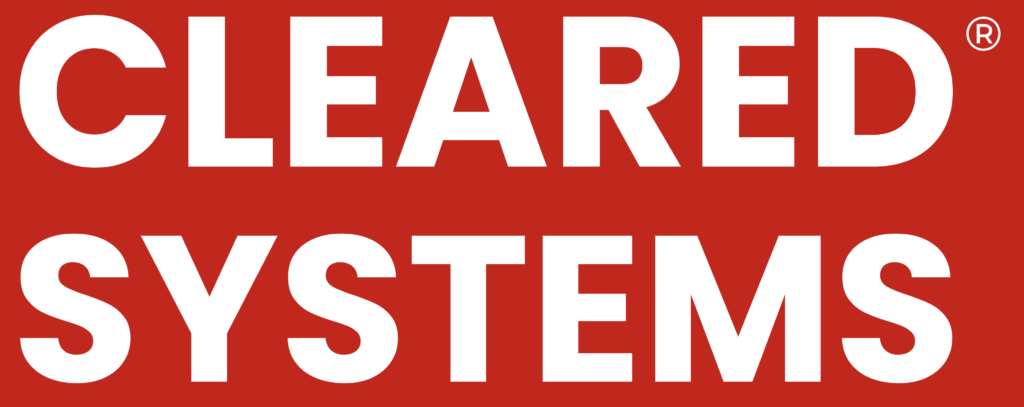Preparing for HIPAA audits is critical for healthcare organizations and their business associates. It requires careful planning and execution to protect sensitive health information. The stakes are high, as non-compliance can result in significant penalties and reputational damage. A successful assessment demonstrates your organization’s commitment to safeguarding patient data and following federal regulations. It comprehensively reviews your information systems, policies, procedures, and workforce training. By taking a proactive approach, you can identify and address potential vulnerabilities before they become compliance issues. This process helps you meet regulatory requirements and strengthens your overall security posture.
Effective preparation can streamline the assessment process, minimize disruptions to your operations, and provide confidence in your compliance efforts. The following guide outlines seven essential steps to preparing for HIPAA audits.
Perform an OCR-Compliant Risk Assessment
The first step in preparing for a HIPAA compliance audit is a crucial one. It involves identifying the systems that house Protected Health Information (PHI) and electronic protected Health Information (ePHI). This step empowers covered entities and Business Associates to take control of their HIPAA compliance efforts. It helps you analyze and understand risks that apply to these systems.
The HIPAA Security Rule mandates a regular risk analysis for the Covered Entities and their Business Associates. Additionally, risk assessments are the first step in identifying vulnerabilities that may result in PHI breaches. Therefore, this is an important step in your preparation for HIPAA compliance. Remember, over 90% of HIPAA violations arise from inadequate risk assessments.
Conducting a risk analysis will likely uncover weaknesses and gaps in your business and institute mitigating measures before they become issues. Hence, periodic risk assessments, at least annually, should be a standard part of any covered entity or business associate’s HIPAA compliance efforts.
Develop a Risk Management Plan
After performing a risk analysis, detail and document the results to create a risk management plan. This document is instrumental in addressing any present risks throughout the year. A risk management plan must include the following:
- Assigning security improvement responsibilities to staff.
- Risk mitigation
- following up to ensure proper corrective actions are completed.
- A documentation of all measures taken.
Since this is a critical element of HIPAA compliance, many covered entities and BAs hire third parties like Cleared Systems to help. By enlisting the help of such professionals, you can rest assured of a focused assessment that can bolster your risk management. This will act as evidence of your due diligence during the assessment.
Documenting and Implementing HIPAA Policies and Procedures
Besides the risk concerns, you should also ensure that your organization’s HIPAA policies, implemented controls, and procedures not only map to but also satisfy HIPAA standards. Hence, organizations should ensure that all policies and procedures relating to HIPAA compliance are documented thoroughly. The documents must also be easily available and accessible to help guide their workforce and daily operations and satisfy audit requirements.
However, simply documenting policies and procedures is not enough under HIPAA. BAs and Covered Entities must also implement the captured items because the documents cannot help prevent a breach if they don’t. They will also make a little difference during a HIPAA audit.
Employee Training
The element is the weakest link not only to Cybersecurity but also to any compliance efforts. Documenting policies, understanding your vulnerabilities, and implementing appropriate and requisite controls will not be as effective unless your employees are adequately trained. Any sound compliance program relies heavily on a well-trained workforce. If employees aren’t appropriately trained or lack experience with HIPAA regulations, your organization’s risk of failing a HIPAA audit increases.
But who should be trained? A good HIPAA training program should include all employees handling and processing ePHI or PHI, including new hires. This ensures they are adequately trained to maintain security and privacy. This training and retraining should conducted annually and is mandatory under HIPAA. It helps your workforce remain up-to-date with regulatory changes and best practices for ensuring information safety. However, you must keep records of all training completed by your employees to demonstrate the training to the auditors.
Designate Security and/or Privacy Officials
A critical part of preparing for a HIPAA compliance audit is appointing a security and privacy official(s) and assigning roles and responsibilities. This includes notifying your workforce who the official(s) is. Your Security and Privacy official will:
- Ensure the employees receive HIPAA training on policies and procedures
- Continuously Monitor Compliance With HIPAA Procedures and Policies.
- Maintain, implement, and remain updated on all procedures, policies, and documentation relating to HIPAA compliance.
Inventory your Business Associate Contracts (BACs)
BACs are critical to HIPAA compliance policies and procedures. All healthcare practices must have these legally mandated agreements with their vendors. Failing to secure signed BACs can lead to HIPAA breaches and significant consequences. The OCR has a track record of imposing substantial financial penalties for BAC-related violations, including instances where organizations failed to obtain a single HIPAA-compliant BAC from a vendor.
In September 2020, CHSPSC paid $2.3 million in penalties after a 2014 data breach affecting over 6 million patients and 237 covered entities. The breach, involving stolen Social Security numbers, birth dates, and contact information, highlighted systemic noncompliance with HIPAA. The OCR audit found failures in risk analysis, information system activity review, security incident procedures, and access controls. CHSPSC provides services to hospitals owned by Community Health Systems.
To ensure ongoing HIPAA compliance, it’s essential to maintain a comprehensive inventory of your BACs and conduct regular reviews. This proactive approach helps identify gaps in coverage, ensures agreements remain up-to-date, and demonstrates your commitment to protecting patient information across all business relationships.
Document Everything
When preparing for a HIPAA compliance audit, the importance of comprehensive documentation cannot be overstated. The OCR or any external assessor will require concrete evidence that you’ve implemented all relevant HIPAA requirements. This includes detailed documentation of your risk analysis, risk management plans, employee training programs, policies, and procedures.
In preparing for HIPAA audits, your mantra should be “document, document, and document some more.” Every action taken towards compliance should be meticulously recorded. If you’ve implemented a security measure, updated a policy, or conducted training, ensure you have thorough documentation to prove it. The level of detail in your documentation can make a significant difference during an audit, demonstrating your organization’s commitment to HIPAA compliance. Remember, in the eyes of auditors, if it’s not documented, it didn’t happen.
Therefore, when preparing for HIPAA audits, strive to be as comprehensive and detailed as possible in your record-keeping.
A Structured Approach to Preparing for HIPAA Audits
Preparing for HIPAA audits is essential and meticulous process for any healthcare organization or business associate. The significance of safeguarding patient data cannot be overstated, as the repercussions of non-compliance include severe penalties and damage to reputation. A successful HIPAA compliance assessment reflects an organization’s dedication to protecting sensitive health information and following federal regulations.
Following a structured approach can effectively mitigate risks and ensure comprehensive compliance. Proactive preparation meets regulatory demands and enhances your organization’s overall security posture. Do you want help preparing for an upcoming HIPAA compliance audit? Contact us for expert guidance and tailored solutions to ensure your compliance efforts are thorough and effective.

